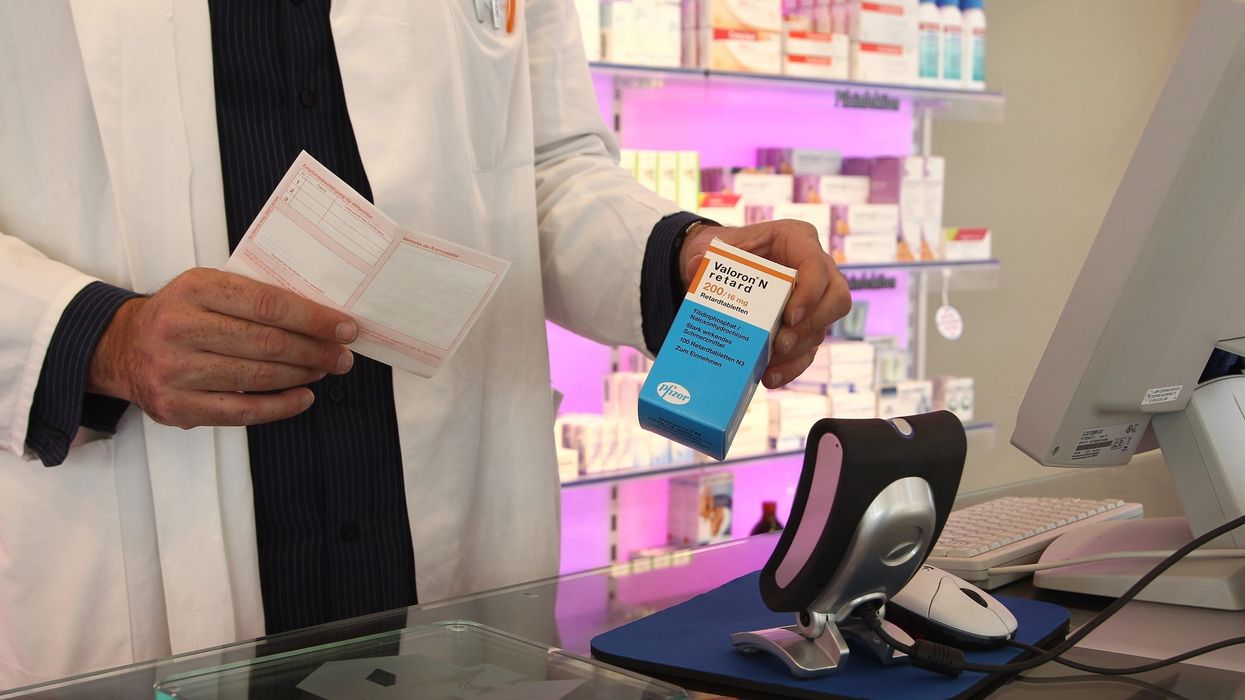A new vaccination handbook has been launched for pharmacists by the International Pharmaceutical Federation (FIP) on Monday (July 12), to help them improve the vaccination coverage.
Through this handbook, pharmacists can contribute to improving the administration of vaccines, supply chain, stock management, storage, record keeping, and facilitation of appointments. The guide also emphasises pharmacists' important educational and advisory role.
“Advocating vaccination should be part of the daily practice of community pharmacists. At this time of increasing levels of vaccine hesitancy, pharmacists should be equipped with proper training and tools to effectively communicate and provide evidence-based recommendations to populations to support vaccine uptake,” said Gonçalo Sousa Pinto, editor of the handbook and FIP’s lead for practice development and transformation.
The handbook guides the implementation of a range of pharmacy vaccination services, guidelines on safety, and answers to frequently asked questions about vaccines.
“Not all of the roles described in the handbook are currently open to pharmacists in every country — for example, pharmacists’ access to vaccination records is still not mainstream practice worldwide — but with this handbook FIP aims to support the expansion and development of the roles of pharmacists to increase vaccination coverage across the globe,” Sousa Pinto added.
It is the latest addition to a range of resources developed by FIP to transform vaccination through pharmacy. Other recent resources in this programme of work by FIP to ensure pharmacy’s contribution to the World Health Organization Immunisation Agenda 2030 and the Global Vaccine Action Plan 2011–2020 include a collection of evidence and guidelines for the development of vaccination services, a report on the roles of pharmacy in vaccination, and a regulatory self-evaluation assessment tool for advancing pharmacy services in this area.
The launch of the new FIP handbook was welcomed by Prof. Lisa Nissen, an expert in pharmacist-led vaccination and workforce development and head of the School of Clinical Sciences, Queensland University of Technology, Australia.
She said: “Globally, the burden of infectious disease on the wider community is still enormous. Vaccines play a critical role as one of the key health interventions in preventive care. This has been no more apparent than during the Covid-19 pandemic.
"Pharmacists, as key members of the healthcare team with medicines expertise, have a critical role to play in vaccination and vaccine management, and, importantly, in allowing vaccination services to be delivered locally where people live and work."
She continued: "According to the WHO, there are currently 28 infectious diseases that can be effectively prevented by a vaccine. This handbook supports pharmacists to deliver vaccination services which will help save millions of lives.”











